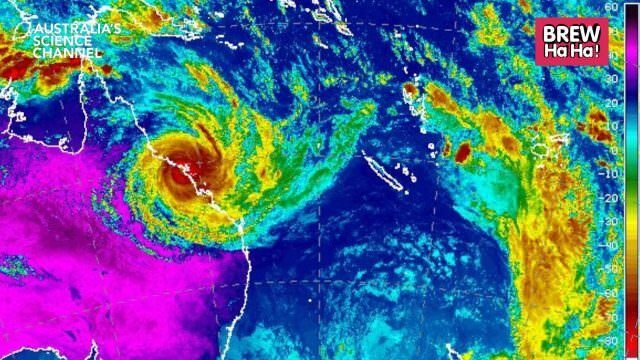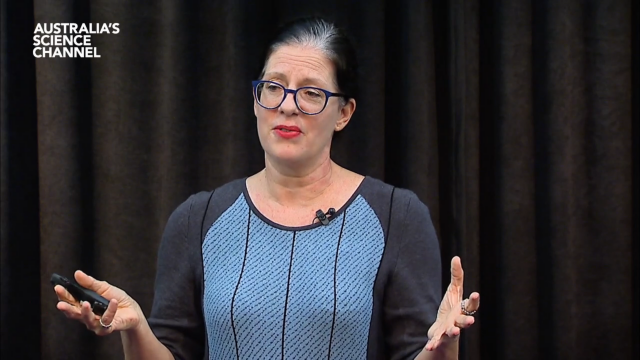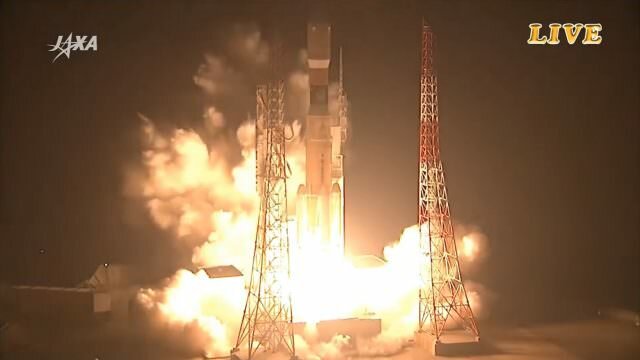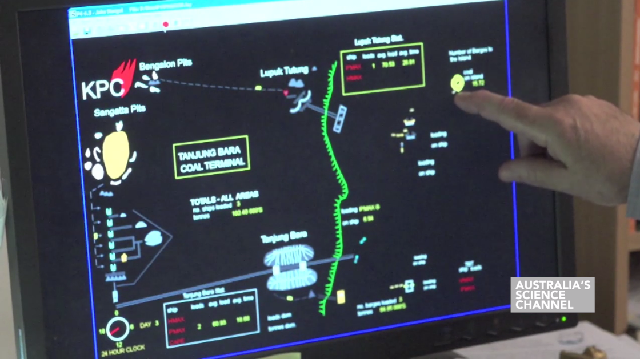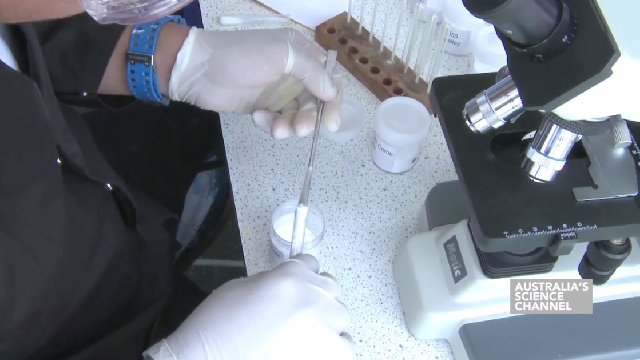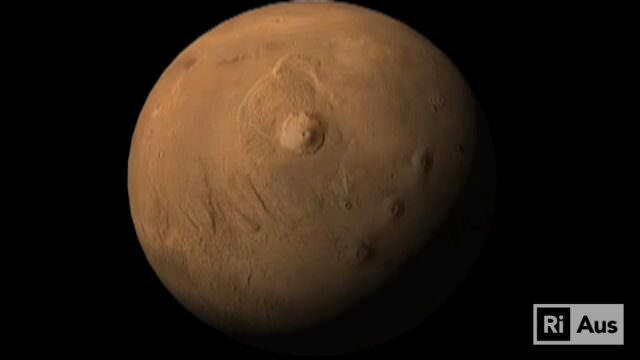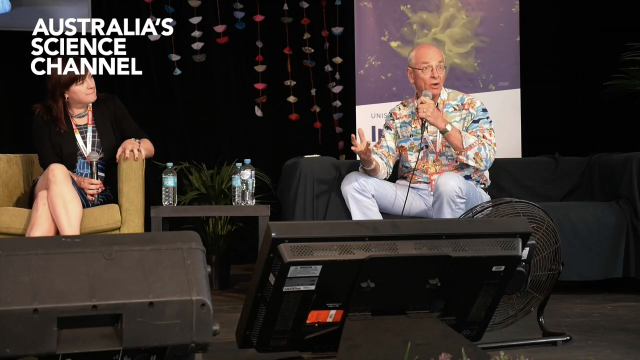Last updated March 8, 2018 at 10:35 am
Grains of volcanic rock added to soil make it more fertile, protect crops from pests and diseases, and capture carbon dioxide.
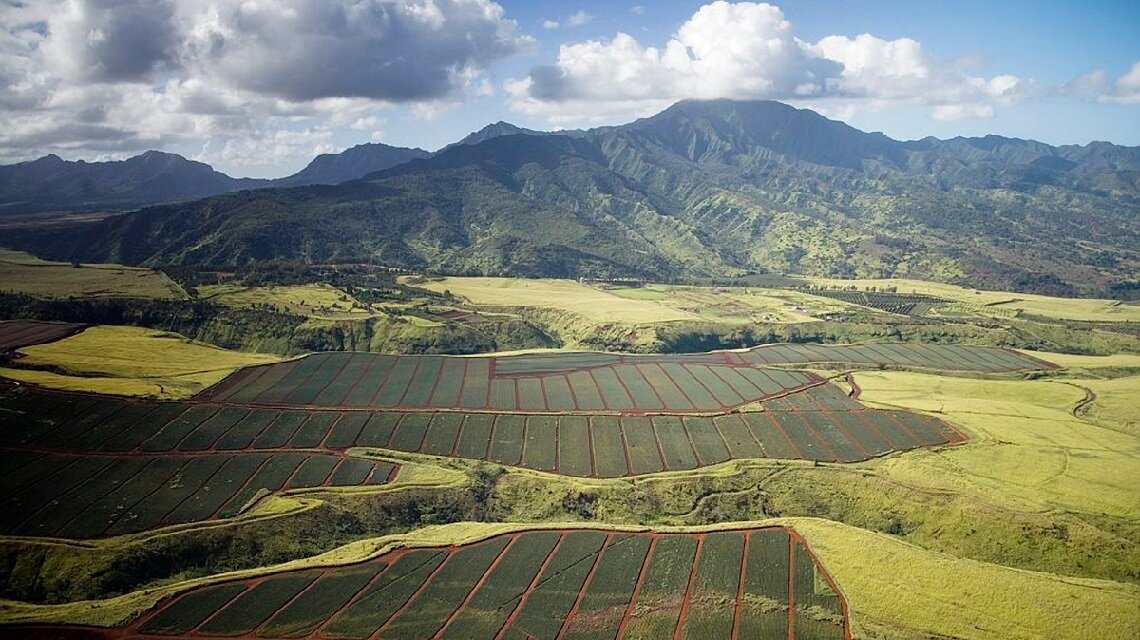
The technique is called ‘enhanced rock weathering,’ and it’s the focus of new research into potential effectiveness for food security and atmospheric carbon dioxide capture.
“This study has transformed how we think about managing our croplands for climate, food and soil security,” lead author, Professor David Beerling, says. “It helps move the debate forward for an under-researched strategy of CO2 removal from the atmosphere – enhanced rock weathering – and highlights supplementary benefits for food and soils.
“The magnitude of future climate change could be moderated by immediately reducing the amount of CO2 entering the atmosphere as a result of energy generation. Adopting strategies like this new research that actively remove carbon dioxide from it can have a massive impact and be adapted very quickly.”
Rock grains dissolve to work their magic
The study looked at using leftover material from ancient volcanic eruptions, such as basalt and other silicate rocks, to modify cropland soils. The grains of rock mixed with the soil are so small that they dissolve, releasing nutrients and absorbing carbon dioxide as they do.
“Human societies have long known that volcanic plains are fertile, ideal places for growing crops without adverse human health effects, but until now there has been little consideration for how adding further rocks to soils might capture carbon,” says Professor Beerling.
A big advantage of this approach as a carbon storage mechanism is the fact that it doesn’t take up or take over any arable land. It also reduces fertiliser and pesticide use, making food production more economically efficient and profitable
Plus, arable land covers ten per cent of our global land area, giving this process potential to make a huge impact.
Like adding limestone, but better
Adding crushed rock to farmland is already a common practice, generally in the form of limestone to reverse soil acidification. This would make implementing volcanic rock grains relatively easy, as much of the necessary infrastructure already exists.
Co-author Professor Stephen Long says “Our proposal is that changing the type of rock, and increasing the application rate, would do the same job as applying crushed limestone but help capture CO2 from the atmosphere, storing it in soils and eventually the oceans.
“Global warming is a problem that affects everyone on the planet. Scientists generally have done a poor job of getting across the point that the world must reduce emissions of greenhouse gases from fossil fuels and combine this with strategies for extracting carbon dioxide from the atmosphere to avoid a climate catastrophe.”
This research was published in Nature Plants.





































































































































































































































































